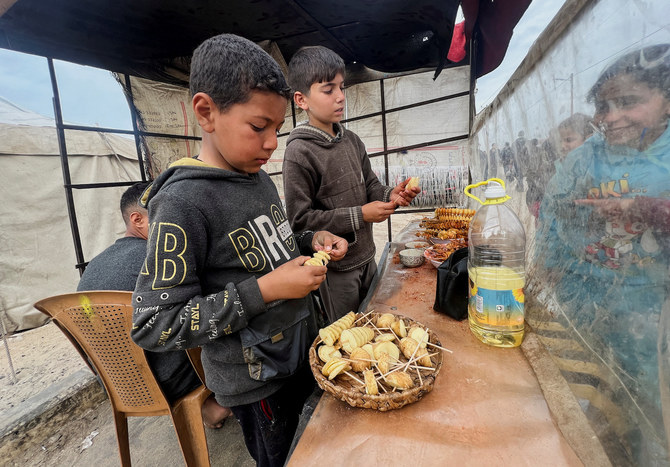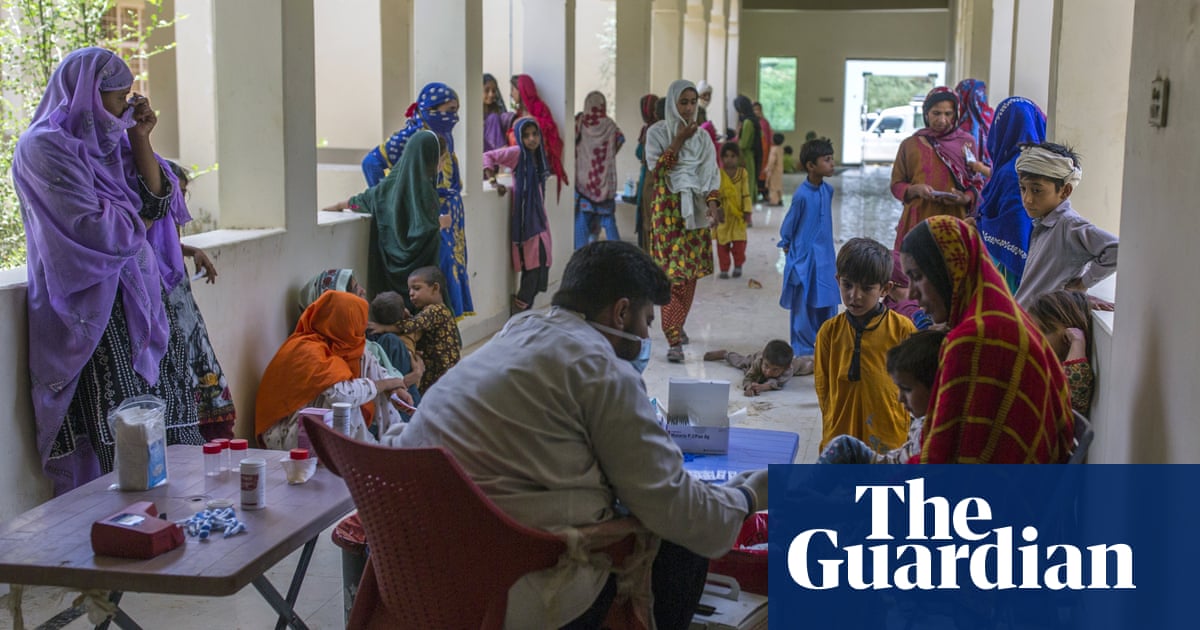
New Delhi, Rabi'I 11, 1439, November 29, 2017, SPA -- Progress in controlling malaria has stalled after
several years of unprecedented success, the World Health Organization
said Wednesday, warning that failure to scale up efforts and funding may result in increasing cases and deaths, according to dpa.
The Geneva-based agency, which released its annual World Malaria Report in New Delhi, noted many countries have reported significant increases in malaria cases, particularly those with a high burden of the mosquito-borne disease.
WHO director general Tedros Adhanom Ghebreyesus said there was a "troubling shift in the trajectory" of the disease, as less than half of the countries with ongoing transmission incidences were on track to reach critical targets to control the deadly disease.
"Although there are some bright spots in the data, the overall decline in the global malaria burden has unquestionably levelled off.
And, in some countries and regions, we are beginning to see reversals in the gains achieved," Ghebreyesus said.
Data showed that, in 2016, 91 countries reported a total of 216 million cases of malaria, compared with 211 million cases in 2015 and 237 million cases in 2010.
Deaths in 2016 stood at 440,000, roughly the same number reported in 2015. Although malaria case incidence had fallen globally since 2010, the rate of decline had stalled and even reversed in some regions since 2014. Mortality rates have also followed a similar pattern.
Fifteen countries, including 14 sub-Saharan nations and India, carried 80 per cent of the global malaria burden.
"The choice before us is clear. If we continue with a business-as-usual approach - employing the same level of resources and the same interventions - we will face near-certain increases in malaria cases and deaths," Ghebreyesus said.
At this rate, there could also be a failure to meet the 2020 targets of the WHO Global Technical Strategy for Malaria.
"We are at a crossroads. Only through urgent and concerted action by all stakeholders will we get back on track to reach the targets of our global malaria strategy," the report read.
The WHO said international spending for malaria control had plateaued. At 2.7 billion dollars in 2016, it was less than half the 6.5 billion dollars required annually in order to meet the 2030 targets of the WHO global malaria strategy.
"At the current level of funding and coverage of current tools, we have reached the limits of what can be achieved in the fight against the disease," said Abdisalan Noor, a surveillance manager in WHO's global malaria programme.
The WHO noted however that there were "several bright spots," including more countries accelerating towards elimination of the disease. Countries with ongoing malaria transmission are increasingly falling into one of the two categories - those progressing toward elimination and those with a high burden of malaria that are experiencing setbacks in their responses.
Most malaria cases in 2016 were in the African region, followed by South-East Asia and the Eastern Mediterranean.
Global malaria control has been one of the great public health successes in the past 15 years, according to the WHO.
Scientists said it was difficult to pinpoint the reason for the slowdown in the fight against malaria. They said the worrying trends do not appear to be a result of drug or insecticide resistance.
Factors impacting progress could range from insufficient funding and gaps in malaria prevention interventions to climate-related variations, Noor said.
--SPA
03:38 LOCAL TIME 00:38 GMT
www.spa.gov.sa/w548906












